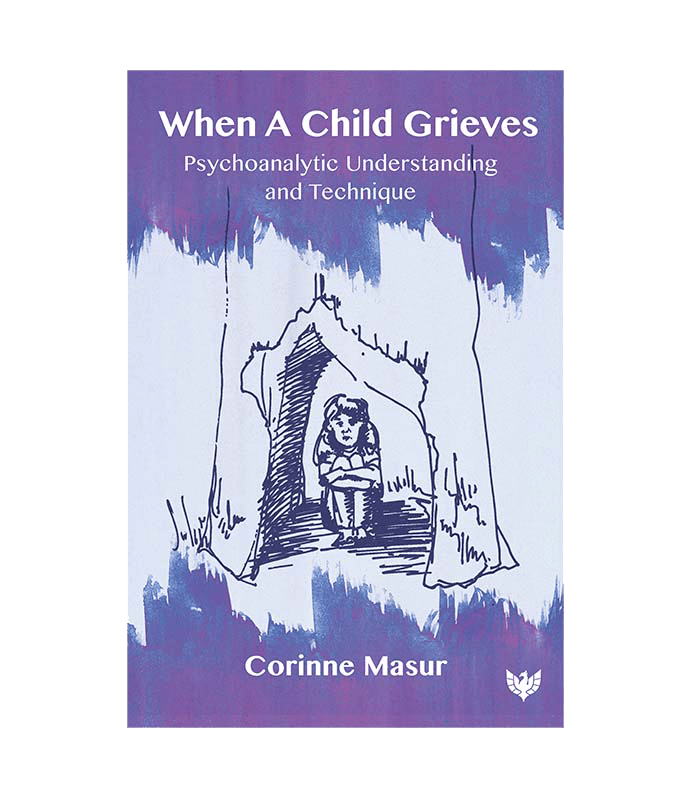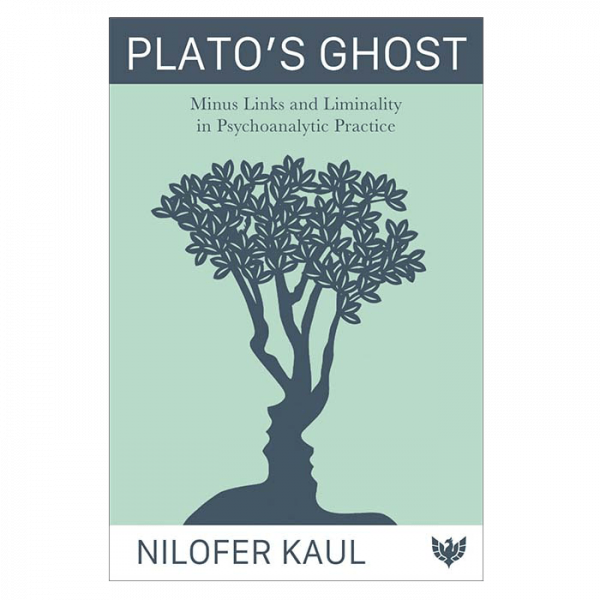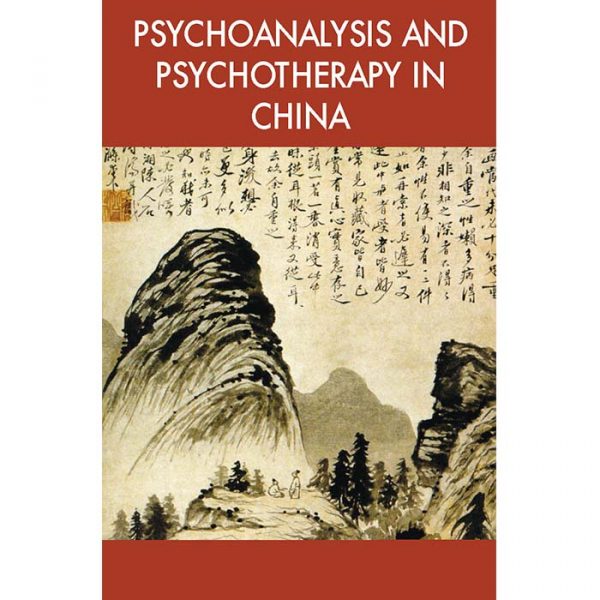For many years, debate has raged as to whether children are capable of embarking on a true mourning process. In When a Child Grieves, Corinne Masur provides an excellent overview of the myriad psychoanalytic theories on the subject and demonstrates conclusively that children can and do mourn. She describes how children and adolescents experience grief and how the mourning process can go awry. Dr Masur provides ample guidelines for the evaluation and treatment of children and adolescents struggling with their grief, alongside a multitude of clinical examples to illustrate her salient points. One detailed and poignant case history is returned to throughout the book, that of a three-year-old who lost his father to suicide.
This sensitive and important work fills a void in the literature and will become a key text for trainees and qualified psychoanalysts, psychotherapists, clinicians, and other professionals working with bereaved children.





 Dr Corinne Masur is a licensed clinical psychologist, a child and adult psychoanalyst, an associate supervising child analyst, and an adult supervising psychoanalyst at the Psychoanalytic Center of Philadelphia (PCOP). She has been in private practice, seeing mothers and infants, children of all ages, and adults for over thirty-five years. She is the co-director of The Parent Child Center and a founder of the Philadelphia Center for Psychoanalytic Education (PCPE) and The Philadelphia Declaration of Play, an organisation which advocates for the right of all children to have access to free, imaginative play. She is a member of The Difficult Cases Study Group at PCOP and The Child Relational Study Group of The Institute for Relational Psychotherapy and Psychoanalysis (IRPP). She is author of the blog
Dr Corinne Masur is a licensed clinical psychologist, a child and adult psychoanalyst, an associate supervising child analyst, and an adult supervising psychoanalyst at the Psychoanalytic Center of Philadelphia (PCOP). She has been in private practice, seeing mothers and infants, children of all ages, and adults for over thirty-five years. She is the co-director of The Parent Child Center and a founder of the Philadelphia Center for Psychoanalytic Education (PCPE) and The Philadelphia Declaration of Play, an organisation which advocates for the right of all children to have access to free, imaginative play. She is a member of The Difficult Cases Study Group at PCOP and The Child Relational Study Group of The Institute for Relational Psychotherapy and Psychoanalysis (IRPP). She is author of the blog
Henri Parens, MD, formerly Professor of Psychiatry, Division of Child and Family Psychiatry, T. Jefferson Medical College; training and supervising (adult & child) analyst, Psychoanalytic Center of Philadelphia –
‘In this well-researched and personal work, Corinne Masur sensitively addresses one of the most painful experiences in life: a child’s loss of a parent. Masur cogently addresses the psychological challenges a child faces, taking into account the suffering and efforts to adapt to this most painful loss while on the journey to “becoming a self.” Enriched by existing studies on the topic, Masur’s reportage constitutes a highly informative narrative. The reader will be well rewarded by Masur’s scholarship.’
Justine Kalas Reeves, child, adolescent, and adult psychoanalyst; member of the Association for Child Psychoanalysis –
‘This tour de force presents a comprehensive and interdisciplinary review of research on children’s bereavement, their abilities to mourn and to understand death based on their developmental level. Dr. Masur corrects anachronistic theories of mourning to assist parents and clinicians, clarifying that children of all ages, even the tiniest, can begin the meaningful process of mourning so they can go forward to have constructive, meaningful, joyful lives despite enduring the terrible agony of losing a parent in childhood. This book is crucial at this time of increased parental deaths due to Covid, opioid use, and suicide.’
Professor Adrian Sutton, Director, The Squiggle Foundation; author of ‘Paediatrics, Psychiatry and Psychoanalysis: Through Countertransference to Case Management’ –
‘Corinne Masur presents a comprehensive review of past and present psychoanalytic thinking about children who have suffered parental bereavement. She champions an approach which respects individuality and the need for personal understanding. Respecting the importance of key people in the children’s everyday lives, she also identifies where children may require additional, professional input. Using clinical material, she demonstrates how a psychoanalytic, practice-orientated approach can provide support for grieving children and, when necessary, provide a means of helping them through direct therapy. In conjunction with this, Dr. Masur explores the impact of this work upon practitioners, adding an extra dimension to this important book through the judicious sharing of her own personal experience.’
Julia Segal, Psychodynamic Practice –
‘Masur writes for therapists while addressing a level of ignorance in the general population which is still shockingly high. […] This book provides information which may assist therapists in work with clients who need to address their own childhood bereavements or to understand and support bereaved children.’
Lynda Miller, Infant Observation 25:1 –
From the beginning, this book intimately engages the reader, offering a means to understand childhood grief through the study of relevant literature, while at the same time evoking an emotional intensity that allows us to connect with our own experiences of loss. […] A book such as this can help us to think about loss, death and grief by providing a containing framework in which to understand the relationship between external events and our internal worlds.